Brad Pfaff, Wisconsin State Senator for 32nd District | Official Website
Brad Pfaff, Wisconsin State Senator for 32nd District | Official Website
According to the Wisconsin State Legislature's official website, the bill was described as follows: "certification of surgical technologists".
The following is our breakdown, based on the actual bill text, and may include interpretation to clarify its provisions.
In essence, this bill mandates that hospitals and ambulatory surgical centers in Wisconsin can only employ individuals to perform surgical technology services if they meet specific qualifications. These criteria include completing an accredited educational program and maintaining a certification from a national certifying body, or completing a training program related to military service, among other qualifications. The bill allows a two-year grace period for newly graduated individuals to gain certification. It exempts licensed healthcare providers operating within their practice scope and services related to cardiac or interventional radiology, expanded function dental auxiliary, and optometry. Hospitals can impose additional requirements for employment. The bill's regulations take effect on Jan. 1, 2028.
The bill was co-authored by Representative Calvin T. Callahan (Republican-35th District), Senator Mark Spreitzer (Democrat-15th District), and Senator Dora E. Drake (Democrat-4th District). It was co-sponsored by Representative Rick Gundrum (Republican-58th District), Representative Tara Johnson (Democrat-96th District), and Representative Rob Kreibich (Republican-28th District).
Brad Pfaff has authored or co-authored another 38 bills since the beginning of the 2025 session, with none of them being enacted.
Ptaff graduated from the University of Wisconsin at Green Bay in 1960 with a BA.
Ptaff, a Democrat, was elected to the Wisconsin State Senate in 2021 to represent the state's 32nd Senate district, replacing previous state senator Jennifer Shilling.
In Wisconsin, the legislative process starts when a senator, constituent, group, or agency proposes an idea for a bill. After drafting, the bill is introduced, numbered, and referred to a committee for review and public input. If approved, it moves through three readings and votes in both the Senate and Assembly. Once both chambers pass the same version, the bill goes to the governor, who can sign it, veto it, or let it become law without a signature. Only a small share of bills introduced each session ultimately become law. You can learn more about the Wisconsin legislative process here.
| Bill Number | Date Introduced | Short Description |
|---|---|---|
| SB260 | 05/20/2025 | Certification of surgical technologists |
| SB255 | 05/09/2025 | Regulation of the Chippewa and Flambeau Improvement Company |
| SB248 | 05/09/2025 | License eligibility and restriction extensions relating to ignition interlock devices |
| SB215 | 04/16/2025 | Town clerk and treasurer appointments, publication requirements for proposed budget summary and notice of public hearing, and discontinuance of highways. (FE) |
| SB208 | 04/16/2025 | Prohibiting hedge funds from acquiring single-family homes in this state. (FE) |
| SB148 | 03/21/2025 | The right to repair agricultural equipment, and providing a penalty. (FE) |
| SB50 | 02/21/2025 | Health care costs omnibus, granting rule-making authority, making an appropriation, and providing a penalty. (FE) |
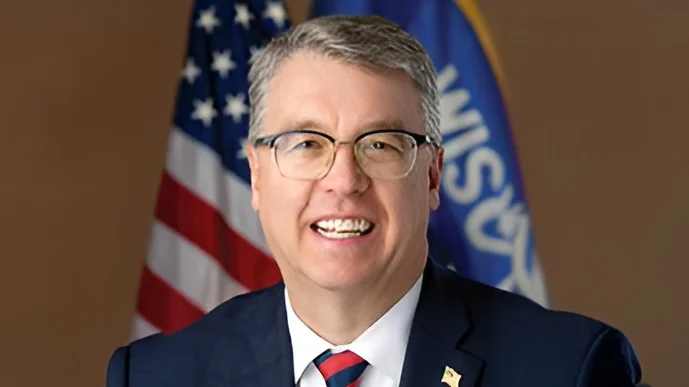
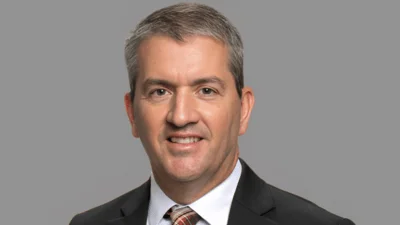
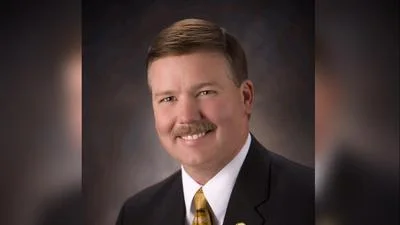
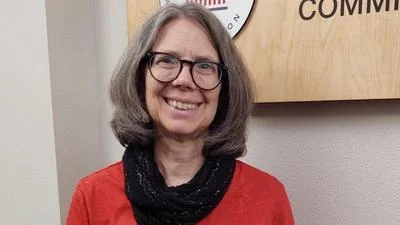
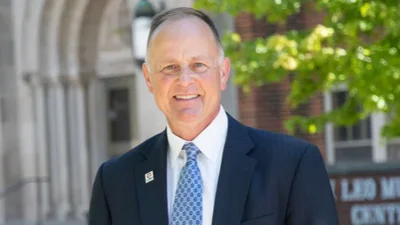
 Alerts Sign-up
Alerts Sign-up